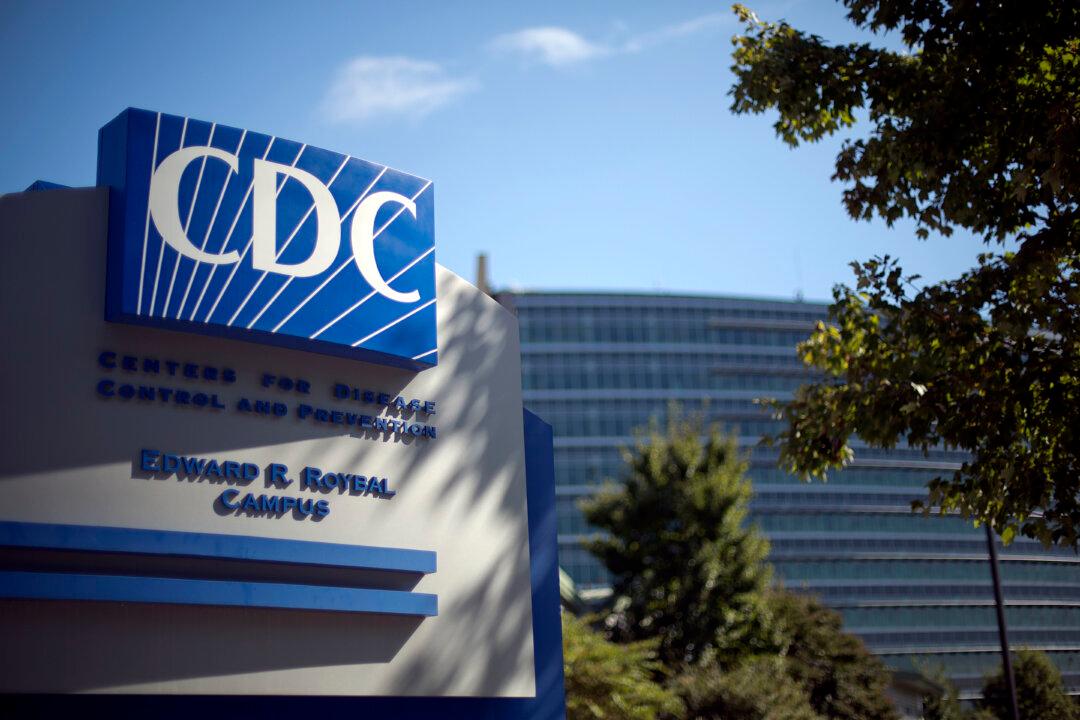The Centers for Disease Control and Prevention (CDC) is providing $45 million to hire an additional 650 health workers across the United States to help states’ contract tracing efforts as the nation prepares to reopen and kick start the economy after the first wave of the CCP virus.
CDC director Robert Redfield said that the agency’s new strategy aims for early diagnosis to effectively contain the CCP (Chinese Communist Party) virus, commonly known as the novel coronavirus.




